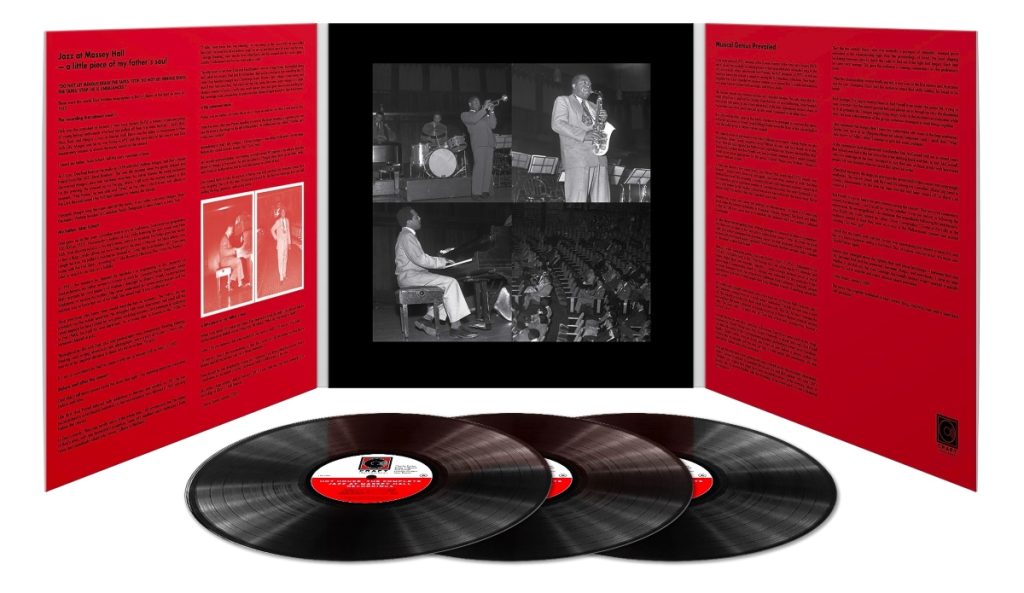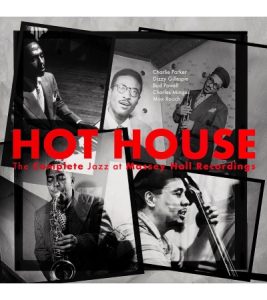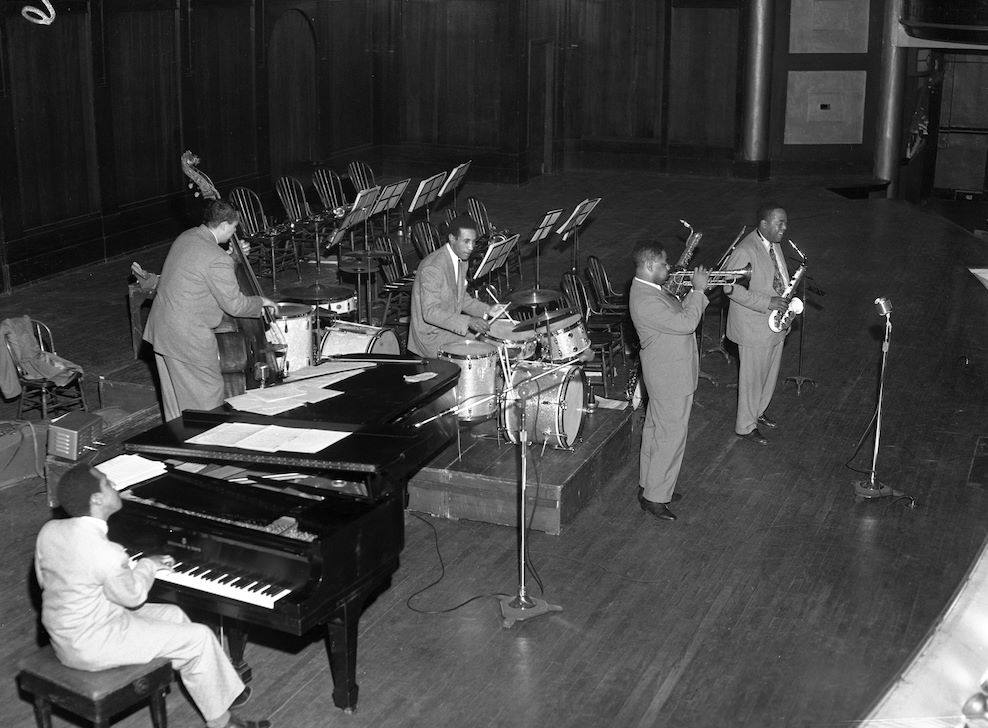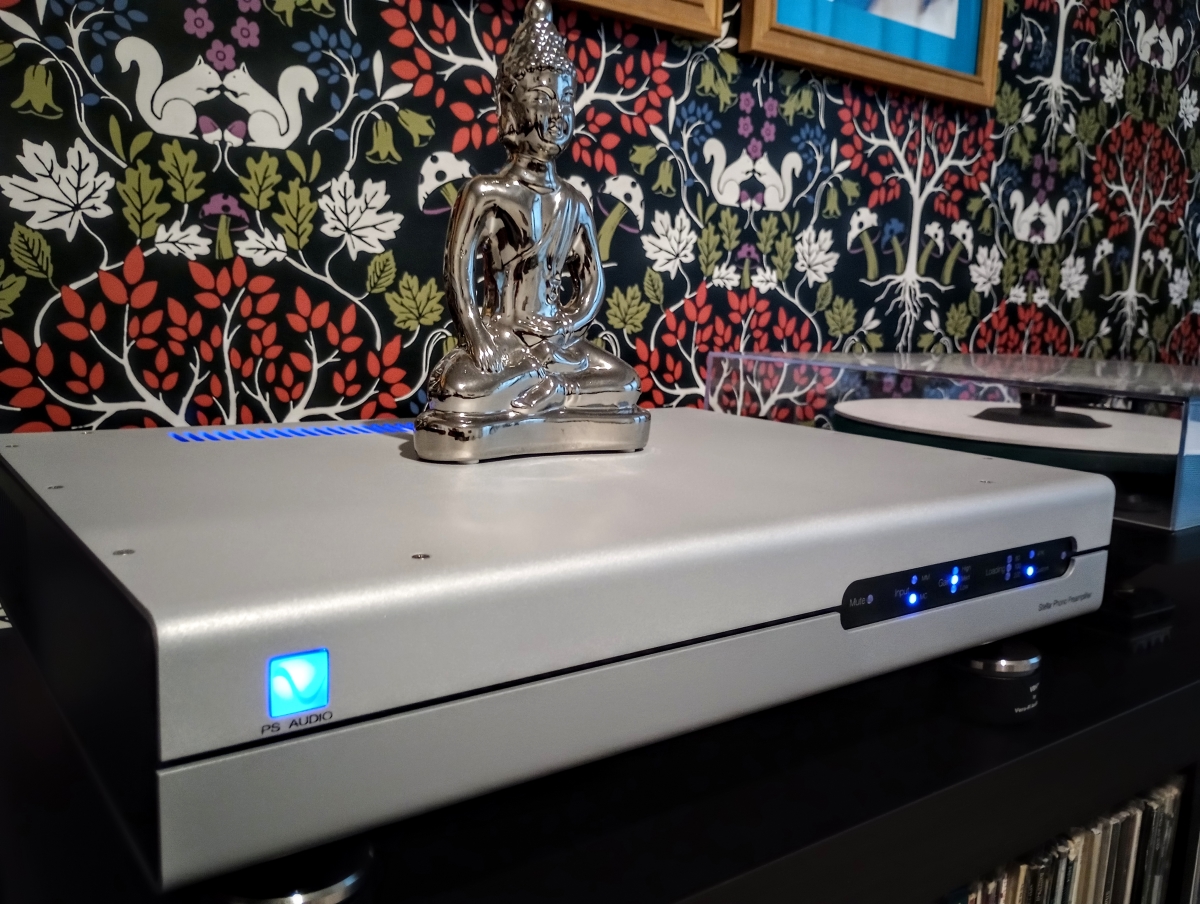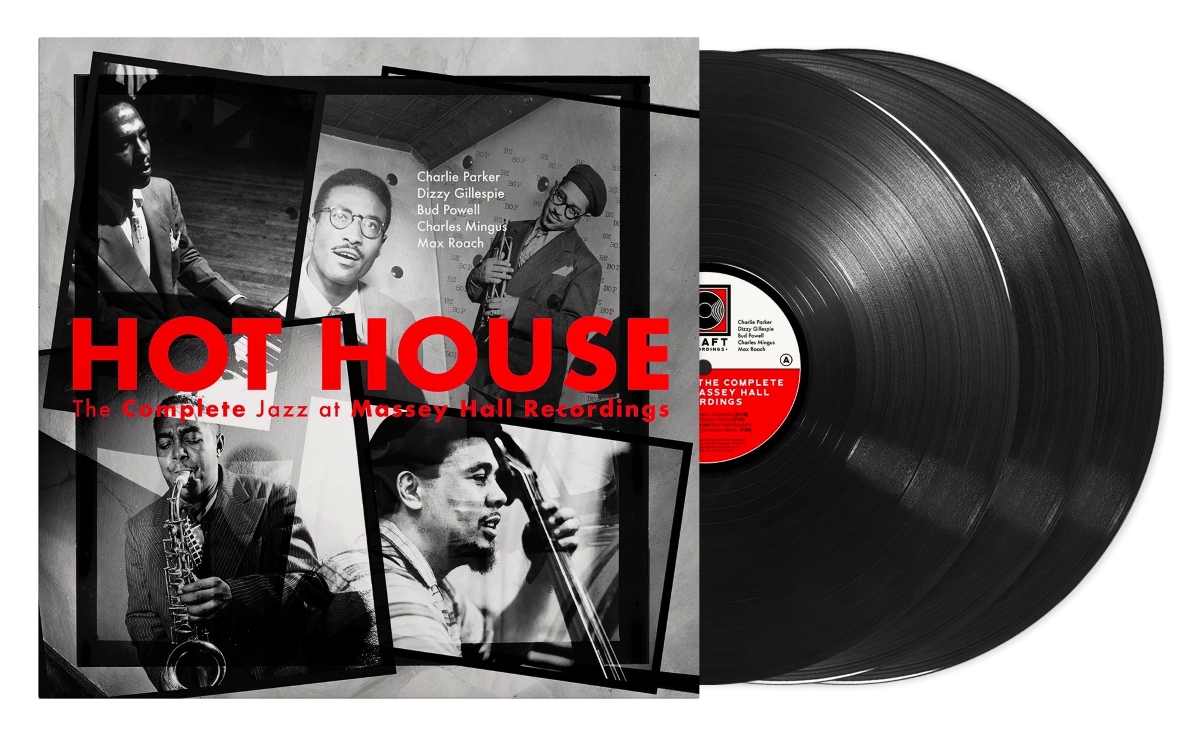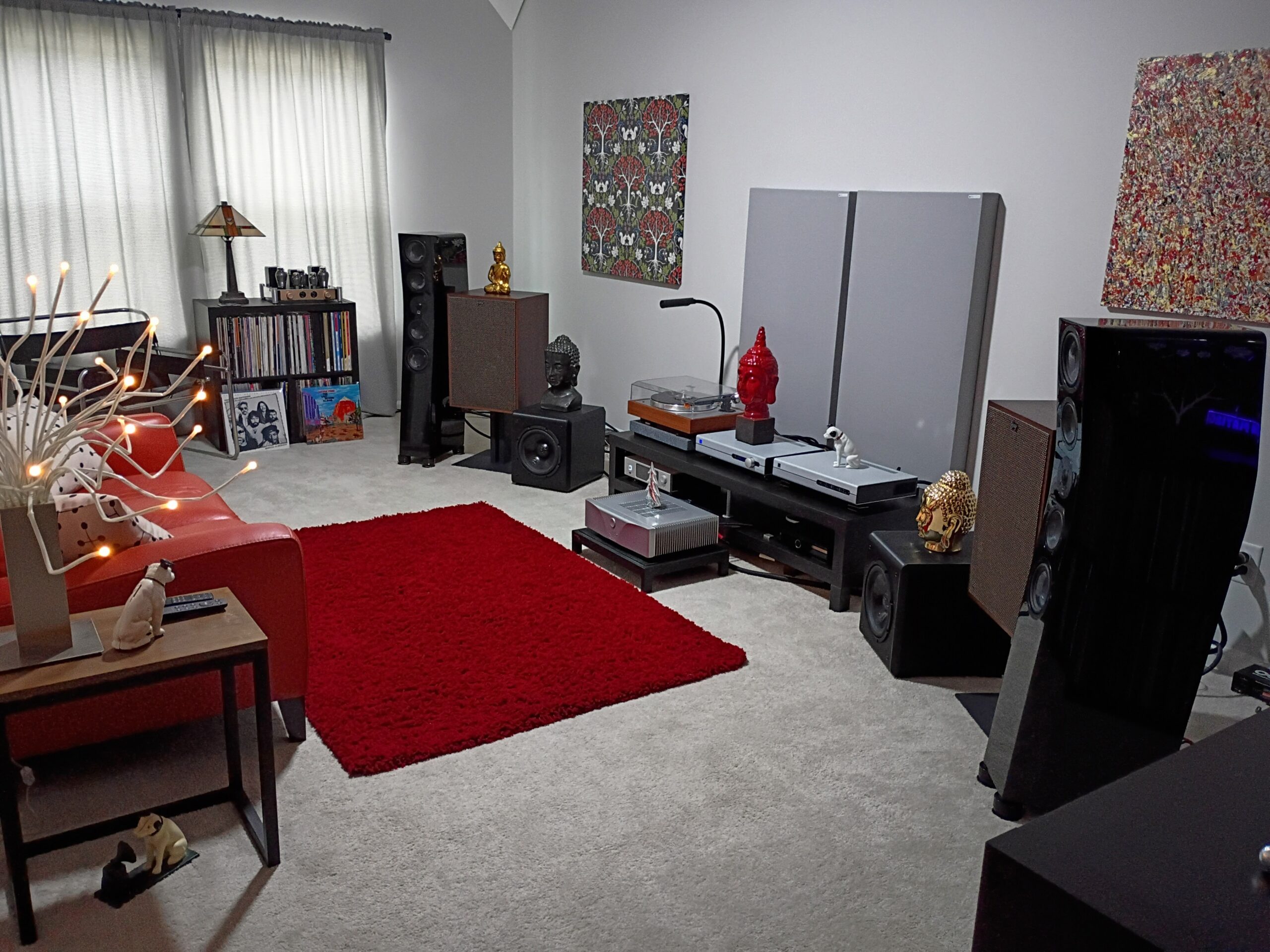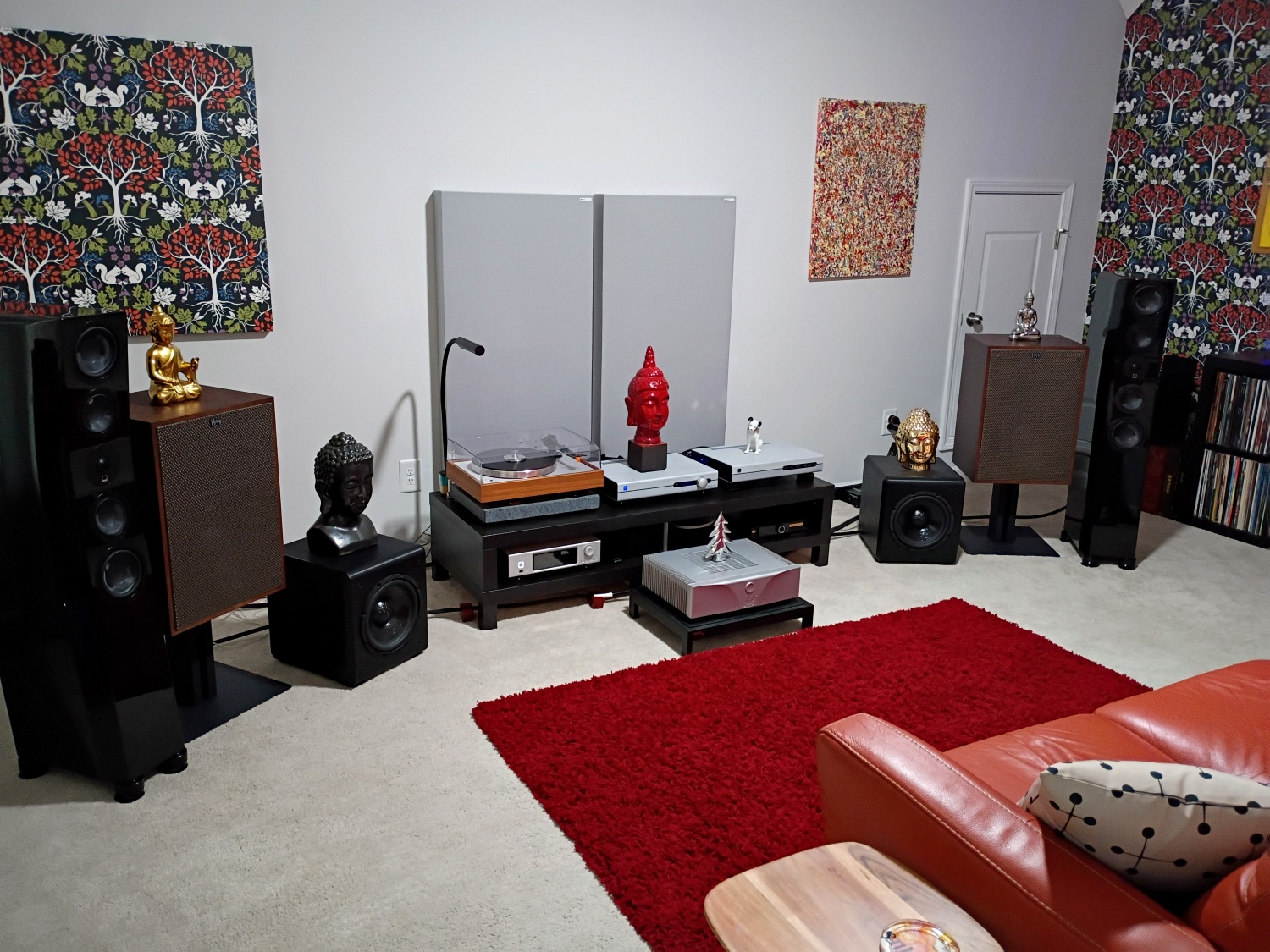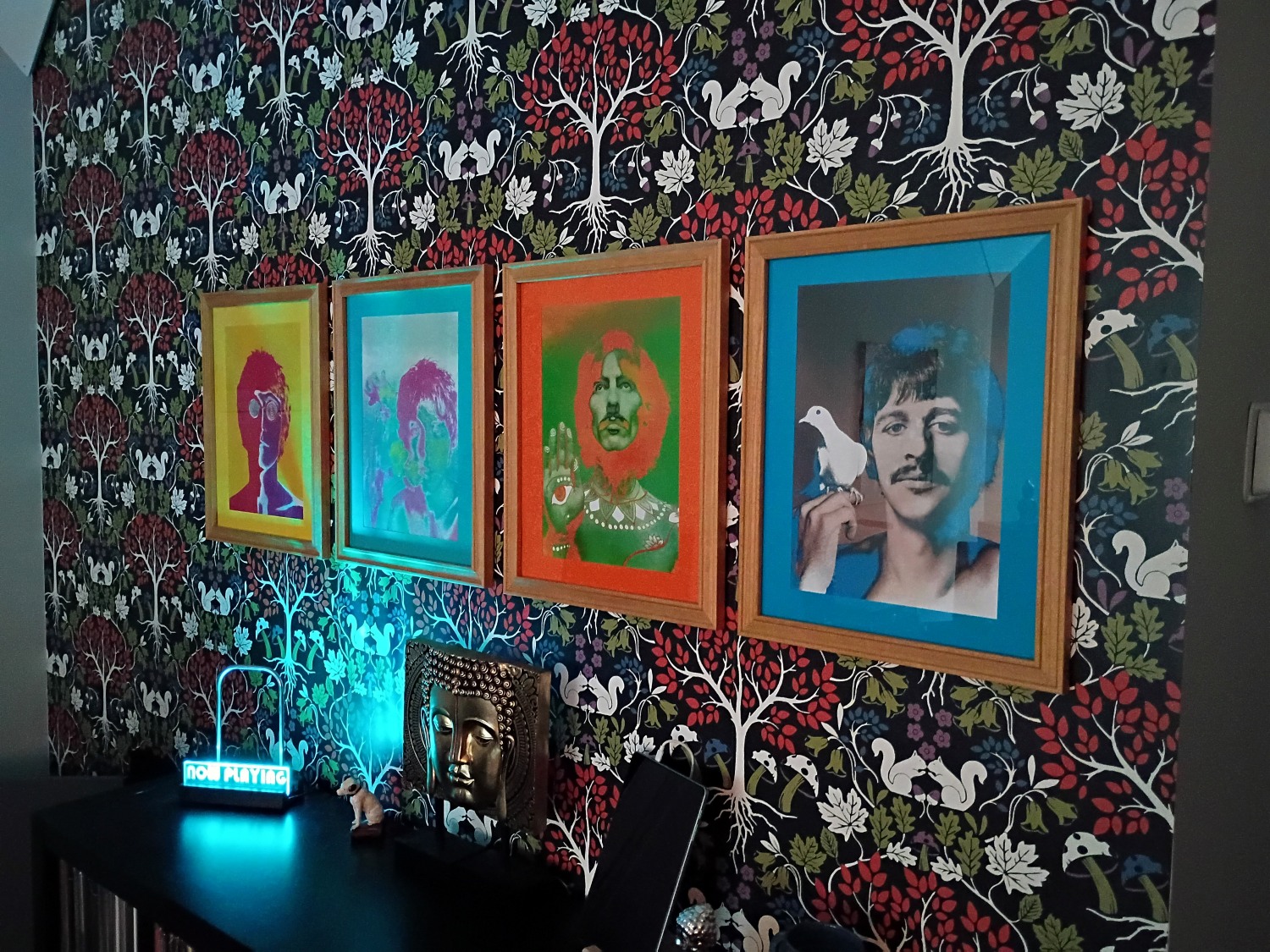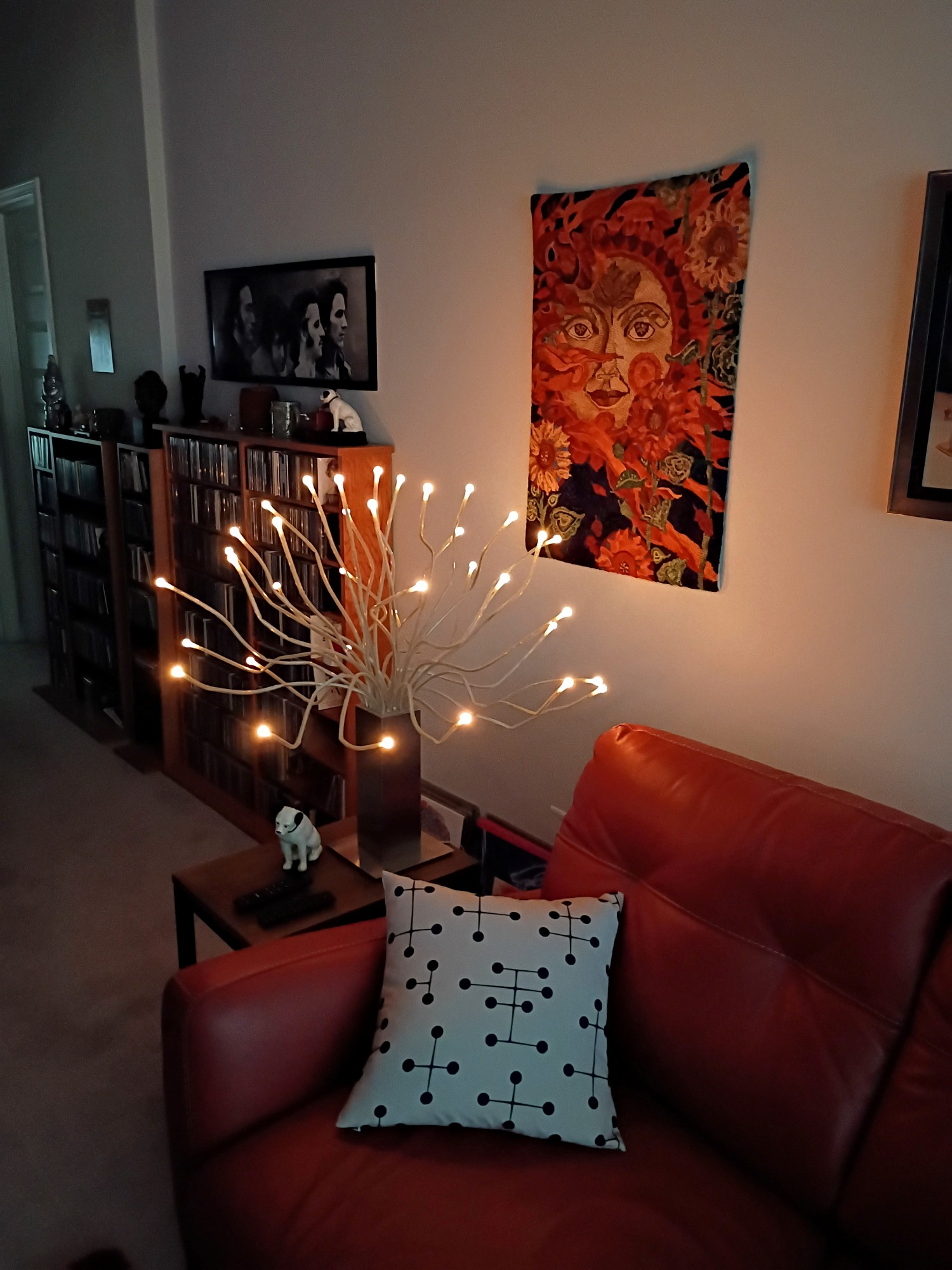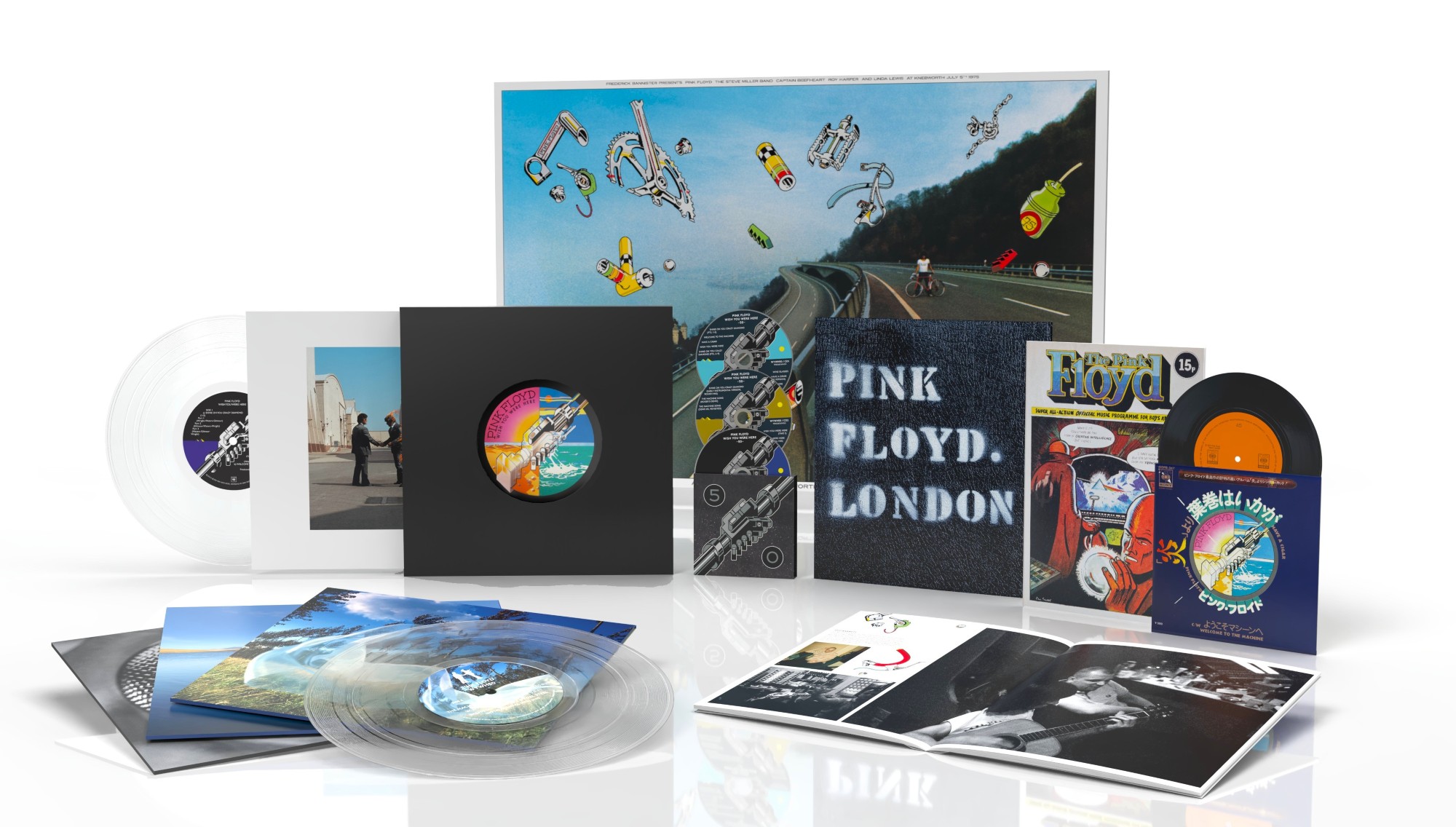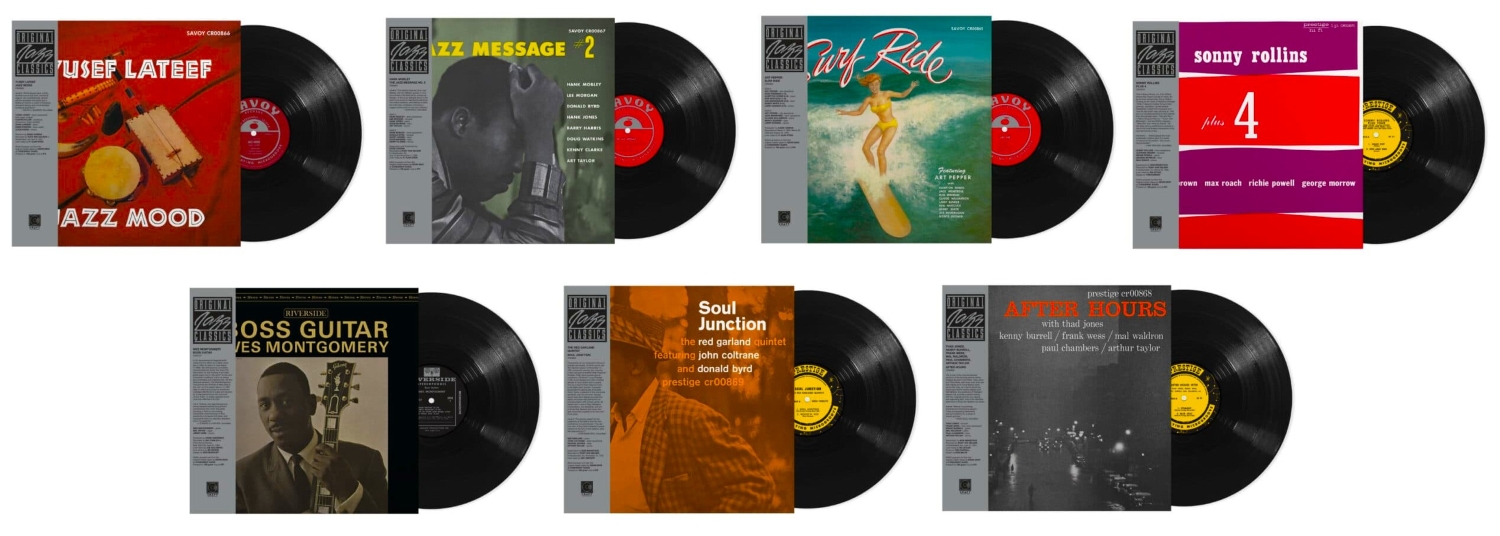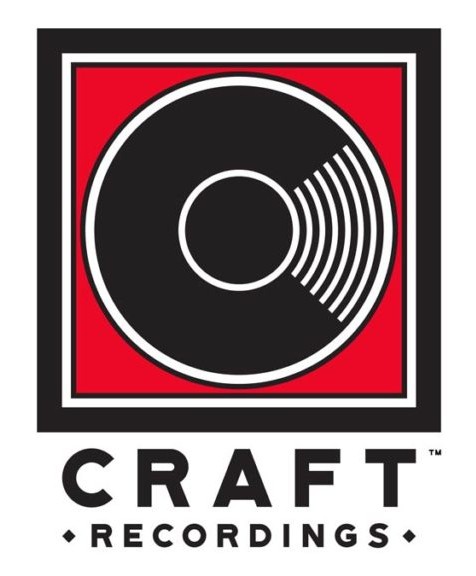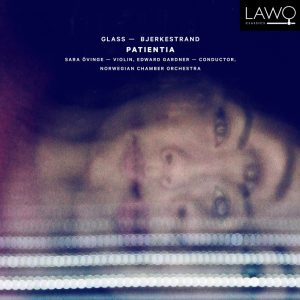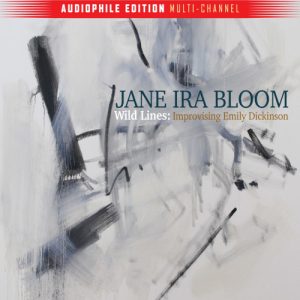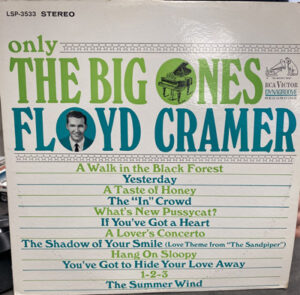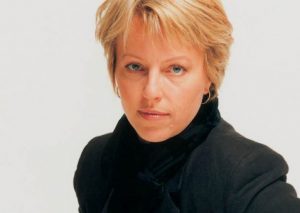Craft Recordings has just released Hot House: The Complete Jazz At Massey Hall Recordings, which is an expanded reissue of the original album, The Quintet: Jazz At Massey Hall. The event took place on May 13, 1953, at Toronto, Canada's Massey Hall, and the gathering of jazz giants Charlie Parker, Dizzy Gillespie, Bud Powell, Charles Mingus, and Max Roach resulted in the first and only known recording of the quintet that featured five of the most influential players from the annals of jazz. The Quintet also marked the last authorized recording Charlie "Bird" Parker and Dizzy Gillespie would make together. Engineering graduate and jazz lover Alan Scharf was a member of Toronto's New Jazz Society—who organized the concert—and he also served as one of the photographers who documented the event. Recognizing the historical importance of the event, Charles Mingus personally oversaw the setup of the recording equipment; he also had a vested interest in the recordings as he planned to release them as the debut album on his new record label.
Presented in an expanded, gatefold jacket with an additional fold-in panel, Craft's new reissue presents Hot House: The Complete Jazz At Massey Hall Recordings in a deluxe three LP, 180 gram package that's encased in a printed, removable crystal clear hard outer case. The album was remastered featuring a meticulous 24-bit audio restoration process by Grammy-winning engineer Paul Blakemore; mastering engineer extraordinaire Kevin Gray cut the lacquers at Cohearent Audio. The very cool package design features new liner notes and a pair of essays from two folks with intimate connections to the event: firstly from David Scharf, son of original concert organizer Alan Scharf; the second essay was contributed by Don Brown, who was in attendance at the show. In addition to the behind-the-scenes insight into the event provided by the informative and interesting essays, the package is also embellished with rare photos from the concert. Along with the superb LP package, the set is also being released in a double compact disc version, and is available for online streaming and purchase as a digital download. While all physical versions of the album are sold out at Craft's web store, they're available from multiple online outlets, as well as at your local independent record store. The digital download is available for purchase HERE.
Hot House: The Complete Jazz At Massey Hall Recordings. (3)180 Gram Craft Recordings LPs, $99.99 MSRP
That five of the greatest jazz players of all time could come together like this on the same stage was an absolute miracle, even in 1953. The evening's entertainment featured none other than Charlie "Bird" Parker on alto saxophone, Dizzy Gillespie on trumpet, Bud Powell on piano, Charles Mingus on bass, and Max Roach on drums. For contractual reasons, Charlie Parker was listed on the original credits as "Charlie Chan;" he and Dizzy Gillespie had been playing in the bands for over a decade, and were the only players on the stage with extensive connections. Bud Powell had briefly played in a quintet with Parker, Max Roach, and Miles Davis in the late forties, and on-and-off again with Parker and Roach in various combos over the next five or so years. Mingus was reported to be notably uncomfortable with the Massey Hall setting and the choice of repertory performed at the concert.
The concert promoters were convinced that the show would be a sellout; however, on that same night, a heavyweight boxing match between Rocky Marciano and Jersey Joe Walcott was also being broadcast. And Canadian audiences were particularly enamored (as much of the 1950's world was) with professional boxing; Massey Hall's 2700+ seats were two-thirds empty for the show. Charlie Parker's Selmer alto horn was in a New York pawn shop; Alan Scharf reported (and his photographs confirm it) that Parker arrived for the show with a borrowed white plastic Grafton alto sax. Both Parker and Powell were heavily mired in the throes of heroin and alcohol addiction; Bud Powell had also suffered from numerous mental lapses in recent years. And was reported to be so drunk he could barely function; Bird left between sets and during songs where he "laid out" to stroll across the street to a nearby bar and toss down triple scotches. Regardless of how smashed Bird and Bud were during the show, the recordings prove that they were perfectly functional on stage, and their playing is as lyrical and musical as one could possibly believe under the circumstances.
Alan Scharf also reported that the technician hired to record the show also arrived drunk, and inadvertently failed to properly adjust the microphone level on Charles Mingus' bass, resulting in very little bass content on the final tapes. As soon as the show was over, the tapes were taken to Toronto radio station CKFH for a listen, and Scharf accompanied a group to the studio that included Mingus. There he noted that Mingus was enraged with what he was hearing, and literally "stole" the tapes to take back to New York. Another member of the entourage, Toronto's Dick Wattam, president of the New Jazz Society, was also present at the studio. Upon Mingus' departure, he immediately left the station and fired off a frantic telegram to Mingus' New York studios: "DO NOT LET MINGUS ERASE THE TAPES. STOP. DO NOT LET MINGUS ERASE THE TAPES. STOP. HE IS UNBALANCED." Fortunately, when Charles Mingus arrived at the studios, he didn't erase the tapes, he only recorded new bass tracks for overdubbing onto the originals. The Quintet: Jazz At Massey Hall was released following Charlie Parker's untimely death in 1955; jazz critic Nat Hentoff gave it a five-star rating in Downbeat.
Listening Results
Click on my name in the header and you can see the equipment I used to evaluate this LP reissue set. My analog setup has recently changed, and now features the excellent PS Audio Stellar phono preamp that has available inputs for two turntables, which greatly facilitates my playback of classic stereo as well as mono LPs. Along with the ease of use, I'm also enjoying a significant uptick in the sound quality I'm getting from LP playback. I played the LPs from Hot House: The Complete Jazz At Massey Hall Recordings on my heavily modded, vintage Rega Planar 2 turntable that's fitted with an Ortofon 2M Mono cartridge. The signal was fed to my PrimaLuna EVO 300 tube integrated amplifier, which in turn powered the KLH Model Five loudspeakers. It's a system with a retro cool vintage aesthetic, and this review marked the first time I'd played a mono review title through the new equipment.
The three LPs were all perfectly flat and centered, had beautifully glossy surfaces, and displayed no appreciable surface noise. They arrived inserted in black paper inner sleeves with scratch-free, rice paper inserts, which provide excellent protection against paper dust and static in the album's grooves and surfaces. I'm a firm believer in using a mono cartridge with mono LPs, and my playback experienced no hiccups; these LPs were supremely quiet, and presented the kind of ultra-believable wide mono that I love in vintage jazz recordings. I have no idea what kind of digital restoration process engineer Paul Blakemore used, but he produced remastered tapes that offered the kind of analog warmth that my tube amp totally ran with—this is an exceptionally great sounding reissue.
The first LP presents the recordings as intended for original issue on The Quintet: Jazz At Massey Hall; the second LP contains the tracks that were scrapped from that release. The third LP essentially duplicates the first LP (some tracks were very slightly truncated) with Charles Mingus' bass overdubs that were later added in the studio. I was especially interested in hearing how the first LP compared to the overdubbed third LP, and I have to say, Charles Mingus did a surprisingly good job of playing along to the existing tapes—his work here is fairly seamless! That said, I didn't feel that the first LP struck me as particularly lacking, and while the third LP did give the tracks more of a feeling of "wholeness," Paul Blakemore's new transfer made the original recordings seem much less underwhelming.
Final Thoughts
I'm fairly certain this is the first time these complete recordings have been collected together in a single set, although I haven't been able to confirm that in my online investigations. I can say this with absolute certainty: these recordings have never sounded so very good as they do here with Paul Blakemore's amazing transfer and Kevin Gray's lacquers. The mono sound is impressively full, and provides a remarkable acoustic image of the live event; you literally feel as though you could reach out and touch Charlie Parker and his borrowed horn, Dizzy Gillespie's trumpet, and especially Bud Powell's piano. Their instruments possess a level of absolute realism that nearly defies belief; I can honestly say that I've never heard a Charlie Parker recording that moves me the way this one does!
This isn't an inexpensive set, but just to hear Charlie Parker in recordings as great as they are on Hot House: The Complete Jazz At Massey Hall makes the purchase decision a no-brainer. Very highly recommended!
Craft Recordings
All images courtesy of Craft Recordings and the author




